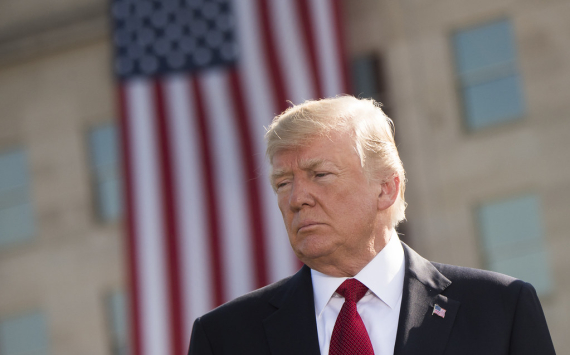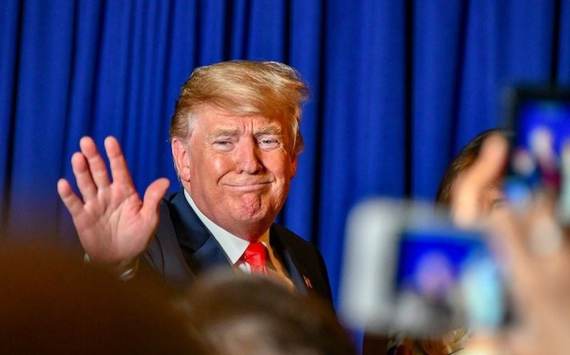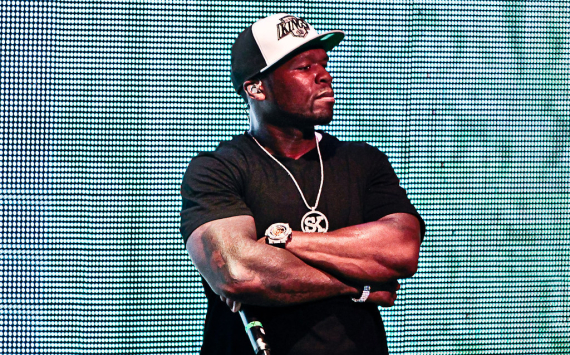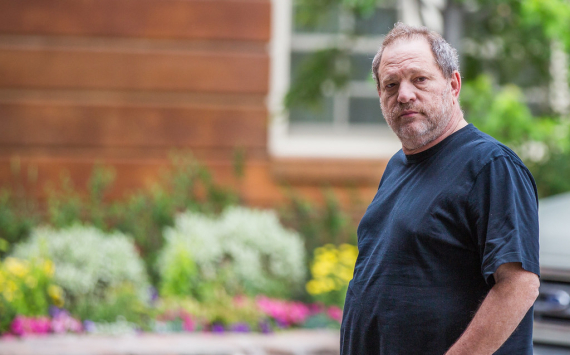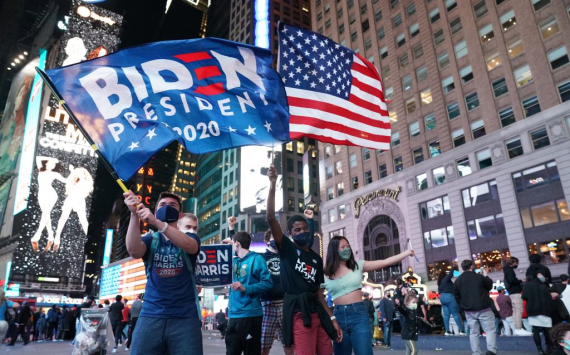
Biden has changed the lives of New York illegals
In the first hours of his presidency, Joe Biden has taken action that will have a broad impact on new immigrants, illegals and families with mixed immigration status across New York City.
Lifting the ban on citizens of several predominantly Muslim countries entering the US
On the evening of 20 January, Biden signed an executive order ending the so-called "Muslim ban", which was introduced by Trump's 2017 executive order. It banned citizens and residents of 13 countries, most of which are Muslim, from entering the US.
Biden's new executive order says the secretary of state should direct all embassies and consulates to resume processing visas in those countries and report within 45 days on a plan to "expedite" processing of those applications.
Linda Sarsour, co-founder of the MPower group, said the previous administration had denied 41,000 visas. But as COVID-19 continues to impede international travel, she said lawyers are still waiting for details.
Bitta Mostofi, head of the NYC Office of Immigrant Affairs, said she knows students whose education has been interrupted and families who have been separated because of such a ban, and it is hurting the city's economy. She stressed that it was critical that the plan to re-evaluate people who had previously been denied visas was "impartial and fair".
Almost no deportations within 100 days and fewer immigration arrests
A Department of Homeland Security memorandum issued on Biden's first day in office bans most deportations for 100 days while immigration and customs policies are audited.
The ban applies to almost all immigrants with final deportation orders, except those who arrived in the US after 1 November 2020 and those suspected of terrorism.
At the same time, ICE is changing priorities regarding arrests. The Biden administration has rescinded the Trump administration's 2017 memorandum that allowed for the arrest and deportation of all illegal immigrants.
Around 500 immigrants from New York and New Jersey are currently being held in county jails and private detention centres. The number of prisoners nationwide is now at historic lows because of the pandemic: many have been released to protect their health; new arrests have been reduced to almost zero.








